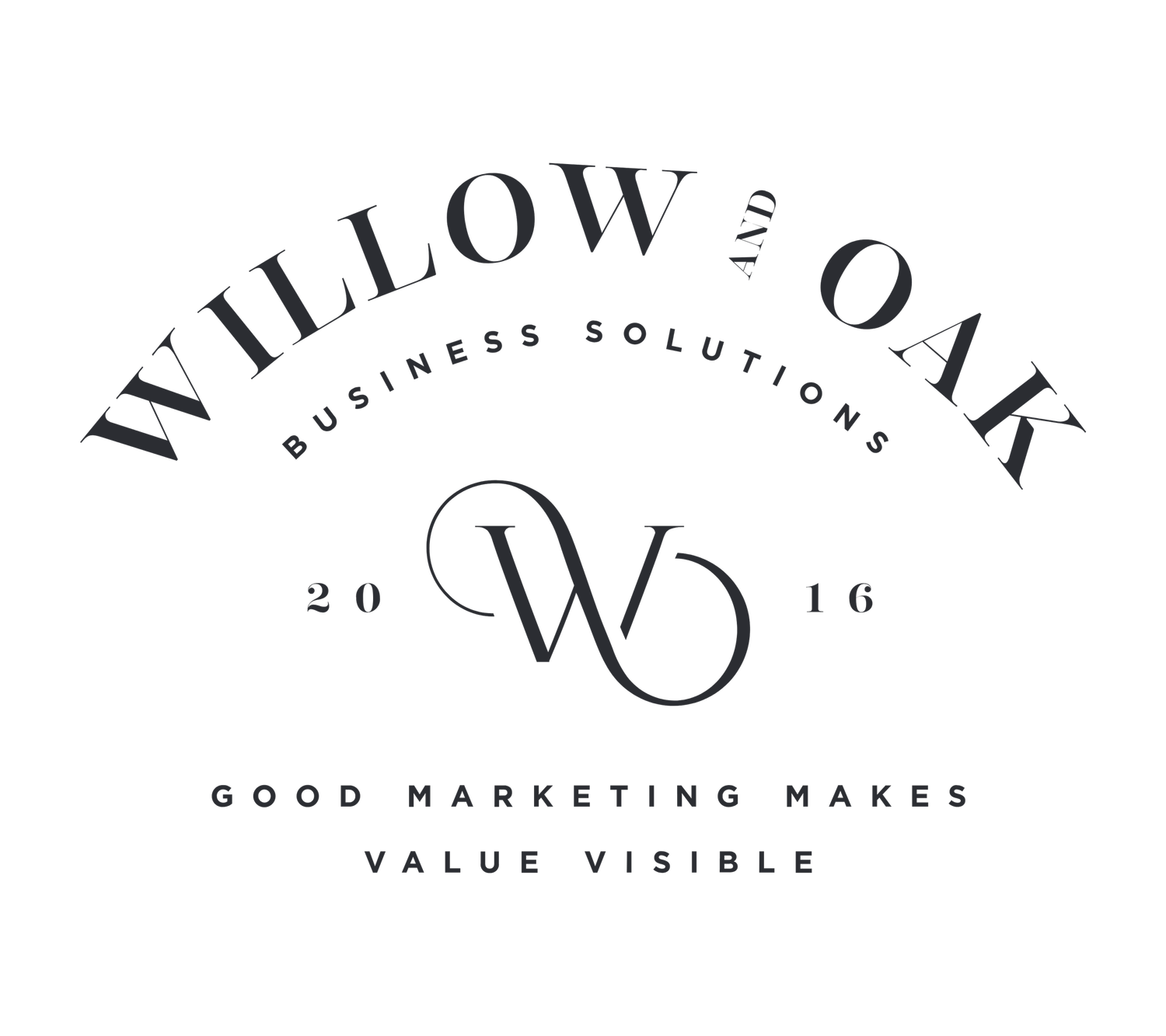The Truth About Differentiation
Can we talk about differentiation for a minute?
Let's talk about what we think differentiation is, versus what it really is.
✔️ Differentiation is a catch-all phrase for the experiences, education, and story that has gotten you to where you are right now. Differentiation is literally what makes you, YOU! Breeds confidence, inspiration, clarity of message, and potential opportunities.
❌ What we think differentiation is: A manufactured up-leveling of who we think we need to be in order to make more sales. Breeds imposter syndrome, lack/scarcity mindset, discouragement, and FOMO (fear of missing out).
✔️ Do: Focus on the truth of who you are, what makes you love what you do, why you started, and the story behind how you got to this point.
❌ Don't: Stop looking left and right to see what others are doing in an effort to "make sure you're keeping up," "beat the competition," or "play the game."
Warby Parker is an example of individuals who came together to make a better product than what was available to them. The Warby Parker story is perhaps even more well-known than the product they sell. The purpose behind their vision, mission and values, is quite literally their differentiator (and the same goes for you too).
Note: I've yet to read a modern day marketing book that hasn't mentioned Warby Parker at least once.
An excerpt of the original Warby Parker story which I pulled directly from their website:
Every idea starts with a problem. Ours was simple: glasses are too expensive. We were students when one of us lost his glasses on a backpacking trip. The cost of replacing them was so high that he spent the first semester of grad school without them, squinting and complaining. (We don’t recommend this.) The rest of us had similar experiences, and we were amazed at how hard it was to find a pair of great frames that didn’t leave our wallets bare. Where were the options?
It turns out there was a simple explanation. The eyewear industry is dominated by a single company that has been able to keep prices artificially high while reaping huge profits from consumers who have no other options.
We started Warby Parker to create an alternative.
Differentiation Point: Cheaper glasses for people who value efficiency over buying luxury frames.
There isn't anything profound about this story other than the obvious: Students, annoyed by the cost of glasses, decided to create a business focused on delivering an honest, quality product at a more affordable price (cost/value), in a simpler, more efficient way (distribution). They were driven to take on the big guys because of their values, and because they saw a problem that needed fixing. They thought others might find value in their solution.
Here's what they didn't do: Emulate what their competitors were doing, worry that they'd never succeed, throw away the idea because they couldn't compete.
Rooted in their story, convinced that others also wanted a different & less expensive way to buy glasses, and driven to "create an alternative," they simply just tried.
The backstory, the experience that led to the tipping point for Warby Parker founders, is the essence of their differentiation. We love the Warby Parker story because it's timeless: The defeating-the-big-guys-and-rooting-for-the-underdog. It's the backbone of the American dream; the ability to start a business and compete (and succeed) in free market.
The Warby Parker story gets better:
By circumventing traditional channels, designing glasses in-house, and engaging with customers directly, we’re able to provide higher-quality, better-looking prescription eyewear at a fraction of the going price.
We believe that buying glasses should be easy and fun. It should leave you happy and good-looking, with money in your pocket.
We also believe that everyone has the right to see.
Almost one billion people worldwide lack access to glasses, which means that 15% of the world’s population cannot effectively learn or work. To help address this problem, Warby Parker partners with non-profits like VisionSpring to ensure that for every pair of glasses sold, a pair is distributed to someone in need.
There’s nothing complicated about it. Good eyewear, good outcome.
Differentiation Points:
1. How they make their product is essential to their value proposition (in house, no middle-man).
2. "Buying glasses should be easy and fun" is subjective: You're not a Warby Parker customer if you value & enjoy the experience of buying a pair of glasses at a store over the efficiency of having a few pre-selected pairs delivered to your door. If you look forward to perusing the merchandise and look forward to the eye-glasses store experience, then Warby Parker probably isn't for you. You'd happily pay a higher price for glasses while appreciating in-person customer service, perhaps a beverage while you shop, and plenty of options you hadn't considered when initially looking online.
3. Their philanthropic duty is baked into the company's creed and naturally differentiates. They believe in improving working conditions and educational experiences for people who don't have access to quality glasses. They believe that this is valuable to their customers also.
Warby Parker wants us to see our selves in their story (no pun intended); to understand that people like us buy glasses from companies like this. We appreciate value, efficiency and if we can help improve the lives of others while getting our new spectacles, then why WOULDN"T we buy from them?
This is an excellent case study in differentiation: What makes a brand unique is it's authentic story: The truth about where it came from, why it started, why it matters, who it's for, what it believes in, and how it chooses to behave and interact in the world.
This is the brand's story; it is the differentiation.
Truth beats tactics every time. There is no when you reframe your mindset around differentiation. Keep it real and keep showing up✨
Thanks for being here,
Kelly Smith
Owner, Willow & Oak Business Solutions




